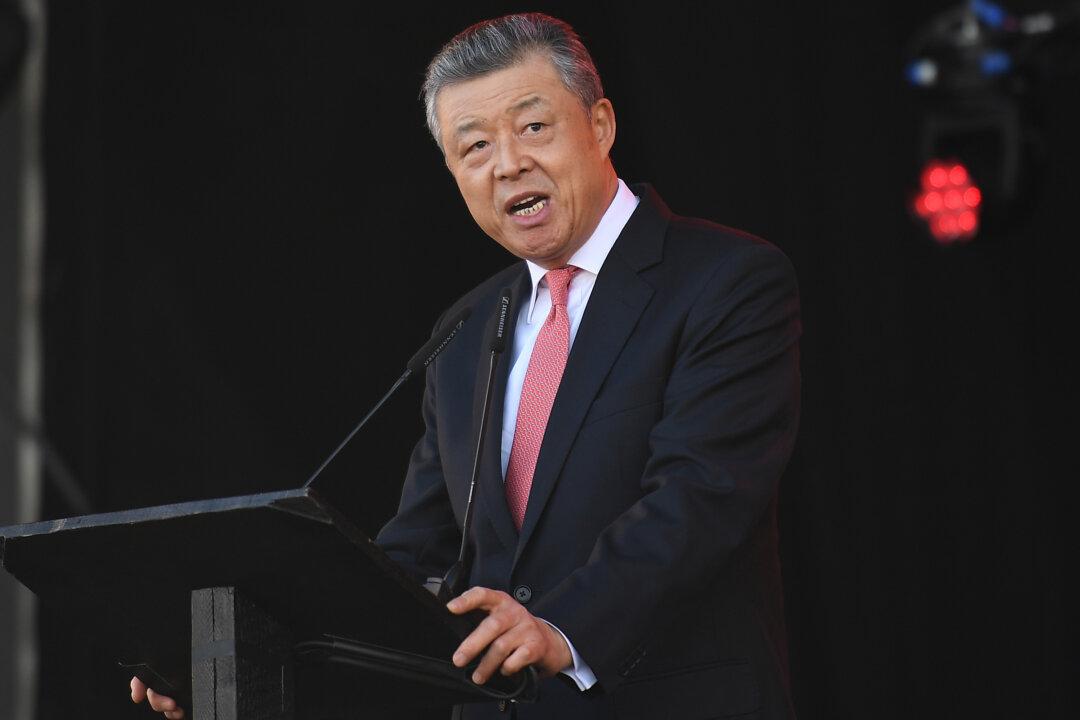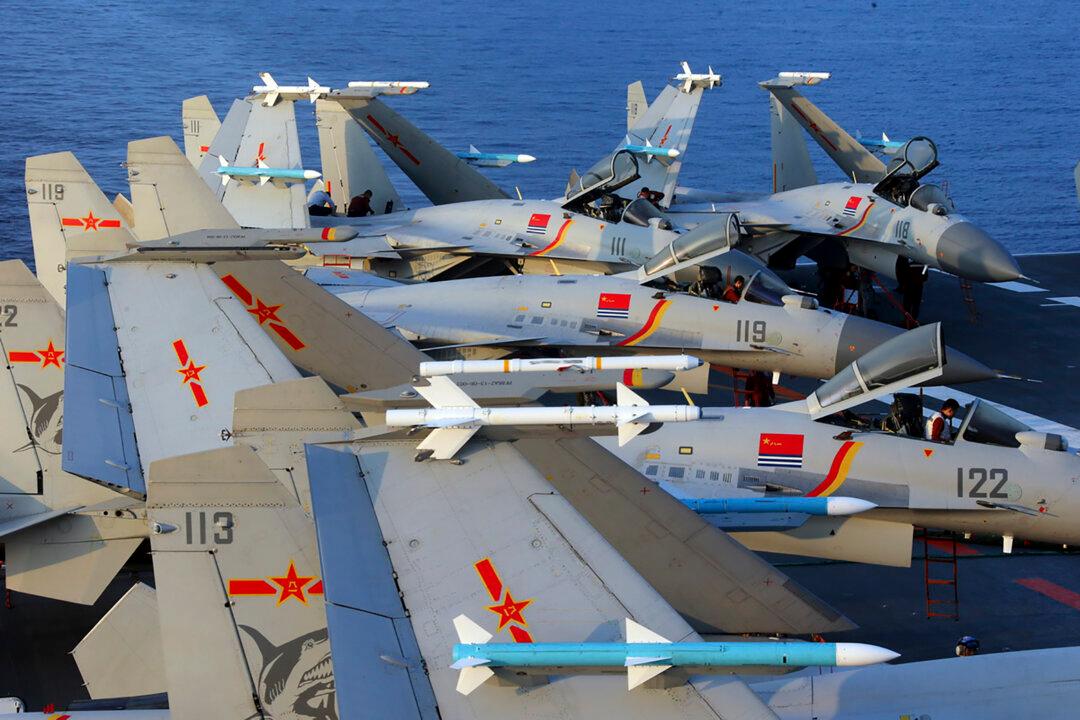China’s ambassador to the United Kingdom has attempted to justify Beijing’s aggression in the South China Sea while also bashing U.S. operations there, in an opinion piece published by The Guardian. The piece, however, contained outright distortions of international law that have left experts scratching their heads as to what message the veteran Chinese diplomat was trying to convey.
Liu Xiaoming, who has been Beijing’s ambassador in London for close to a decade, penned an op-ed titled “China will not tolerate US military muscle-flexing off our shores” that was published by the British newspaper The Guardian on June 27.




